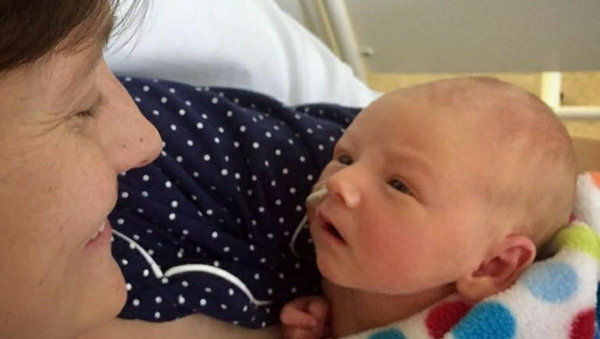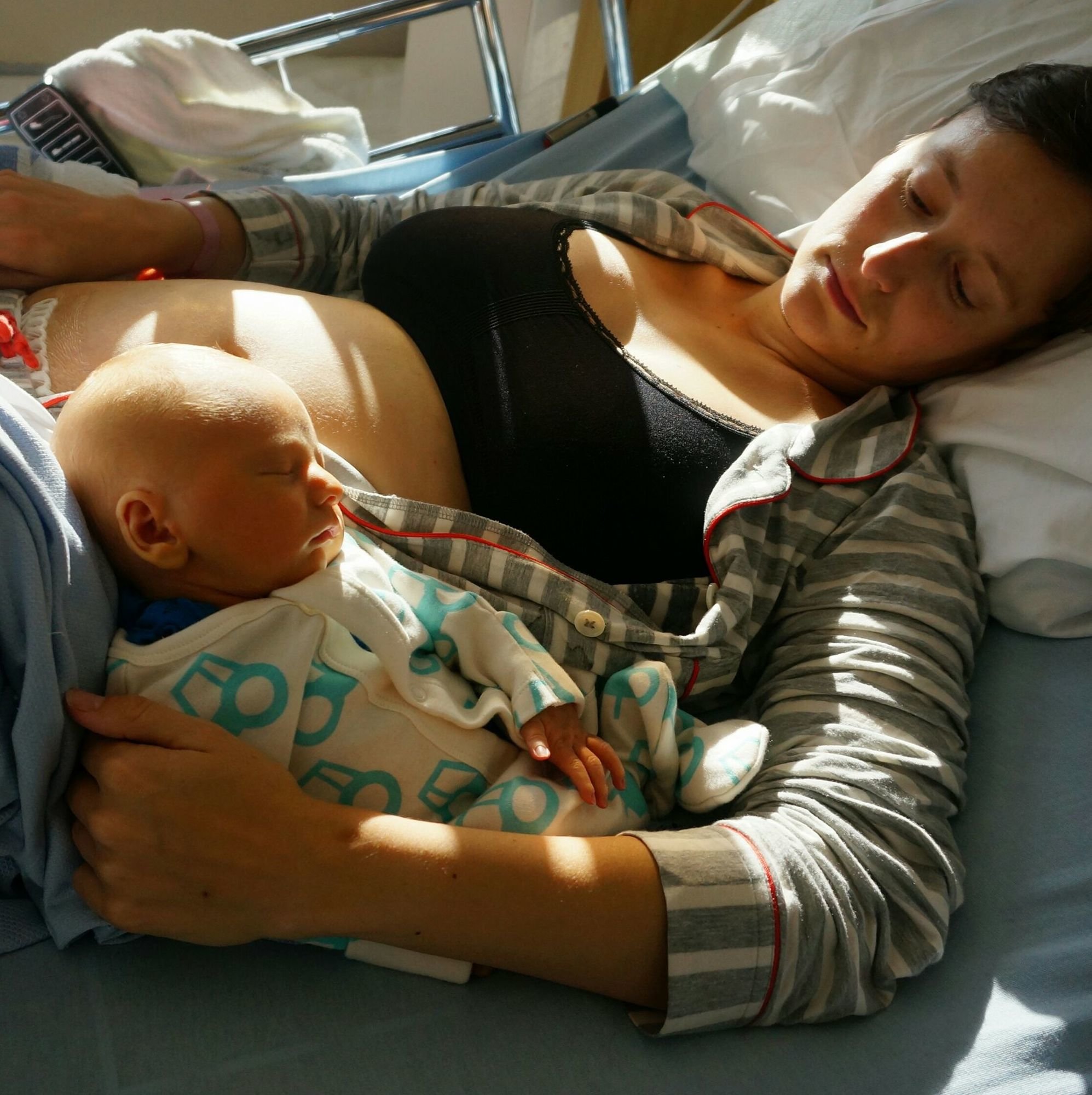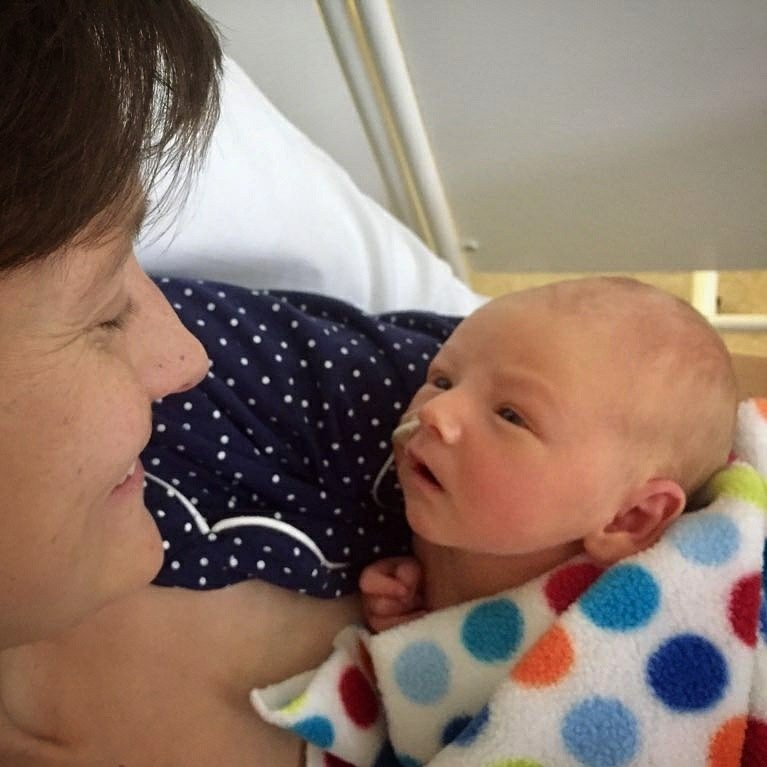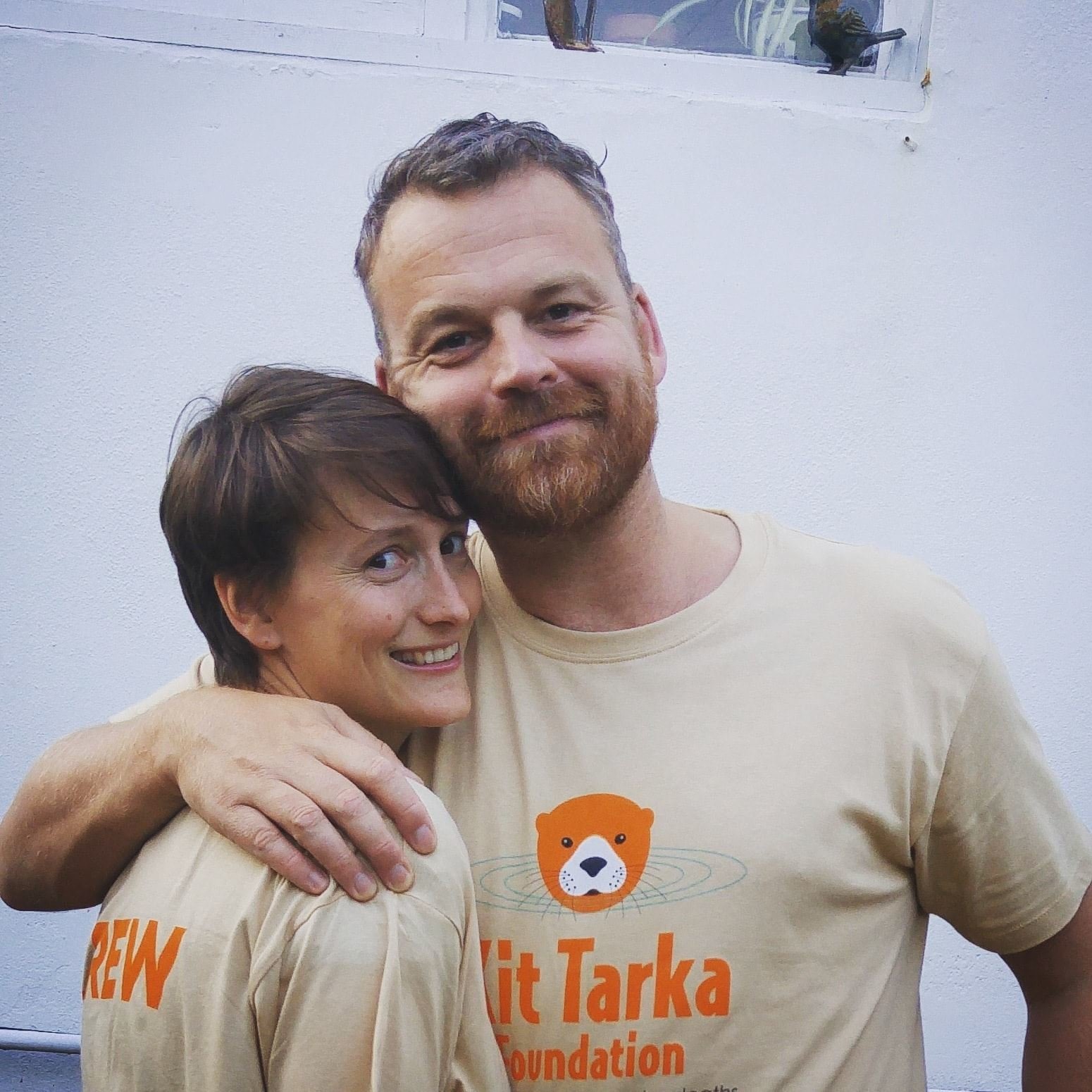“Kit had a very traumatic birth,” he explained. “Sarah had high blood pressure and doctors wanted to induce her. She had to have an emergency C-Section at 39 weeks.”
After Sarah’s surgery, doctors at the Royal Sussex County Hospital discovered that Kit had low blood sugar and decided to put him in the special care unit. “[Kit] slept a lot, we initially thought he was just a sleepy baby. Doctors gave him antibiotics for bacterial infection but not viral infection," James said.
But it was then that the couple noticed some symptoms in their son that were troubling. “When doctors drew blood from his heel for tests he didn’t react to the pain. He slept to the extent he didn’t even wake up for feeding."
James said that doctors told he and his wife that Kit “was just a sleepy baby and not to worry about it.” They discharged the infant after eight days in medical care, only for Kit to be readmitted the next day because he was not waking up and was struggling to feed.
The newborn was then rushed to Evelina Children’s Hospital in London, but even then doctors warned the parents that their son might not make the trip. At the new hospital, doctors diagnosed Kit with the herpes simplex virus (HSV) infection, which is the same strain of the virus that causes cold sores.
James recalled how traumatic it was to watch his dying son: “standing by helplessly as a doctor performed CPR on our baby’s tiny swollen and bleeding body is a memory which will haunt us forever,” he explained.
According to the National Health Service, infants can contract herpes either through direct contact during a vaginal birth, if their mother has had genital herpes for the first time with the last six weeks of her pregnancy, or if someone with the herpes simplex virus kisses the baby during a flare-up. And although doctors can treat the infection with antiviral drugs, once the virus infects the infant’s organs, about one-third will die even if they are being treated.
“In 90 per cent of cases, the virus is transmitted to a baby during birth from the mother but we can only speculate on the most likely source of transmission to Kit,” James told The Argus. “Blood tests showed no trace of HSV in Sarah, unlike an estimated 70 per cent of the population, and I had not had a cold sore for years."
Knowing that neither parent had been a carrier for the infection, it was still unknown how Kit could have contracted the virus. But the answers to how and why this had happened to their son didn’t come soon enough. Despite the medical attention he was receiving, Kit died on September 28, 2017, just 12 days after he first went into the hospital.
“He came to the world for a short time, yet he suffered so much," his father remarked.
James told reporters that “[Our] charity aims to educate and support medical research in neonatal herpes, which is newborns contracting herpes. Currently no charities funds such research; the last published report was 25 years ago.”
James said that he and Sarah “felt a moral obligation to find funding for research and education of healthcare professionals about HSV.”
In a press release from their charity, Sarah wrote that despite their son being “the perfect baby baby boy we dreamed of” the couple had no choice but to watch him die an “agonizing” death. “We will never see him grow into the wonderful child and adult we know he would be,” she said. “We are now determined to do everything we can to stop any more families from suffering the way we are.”




